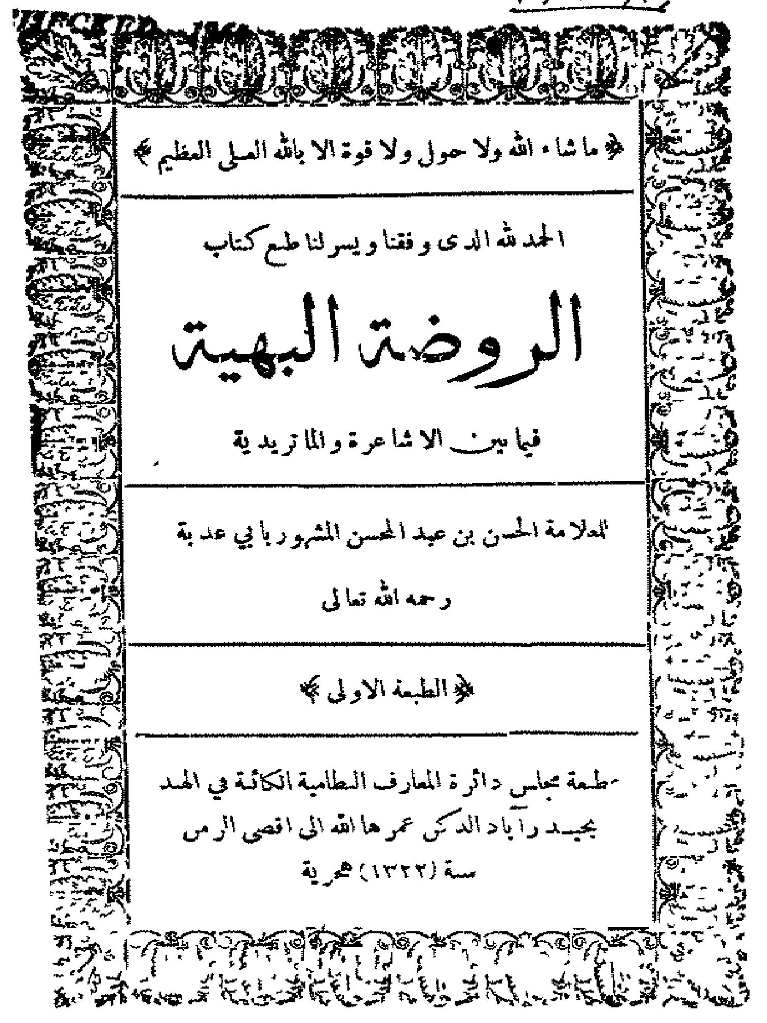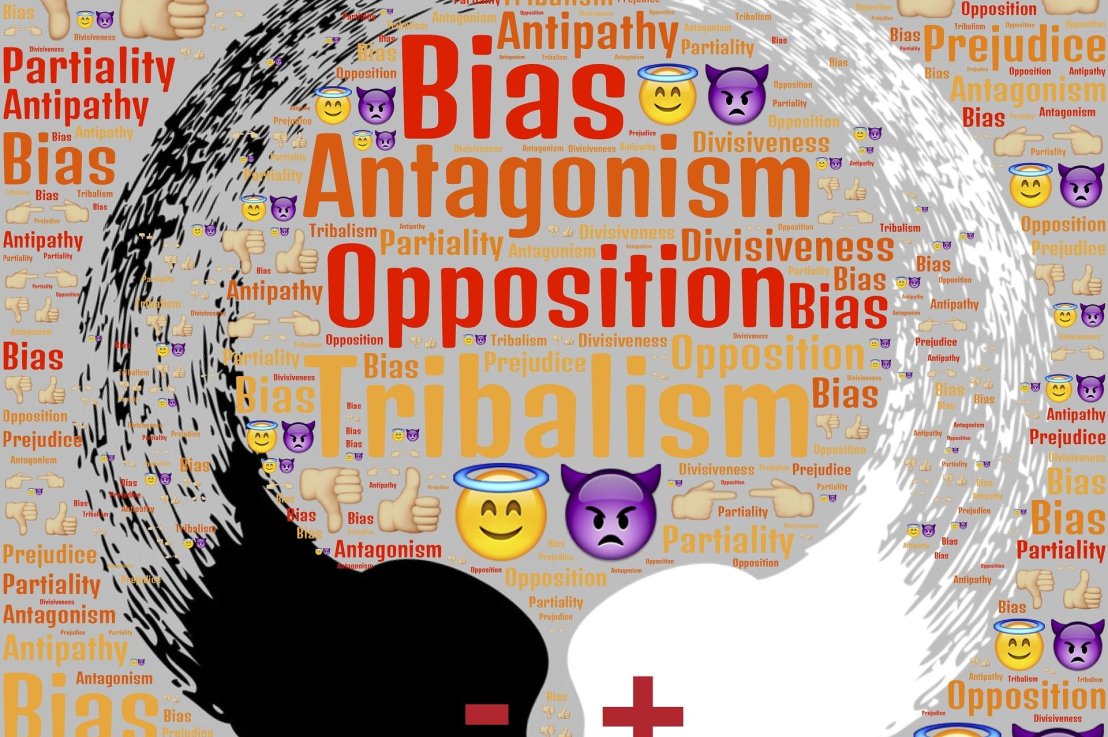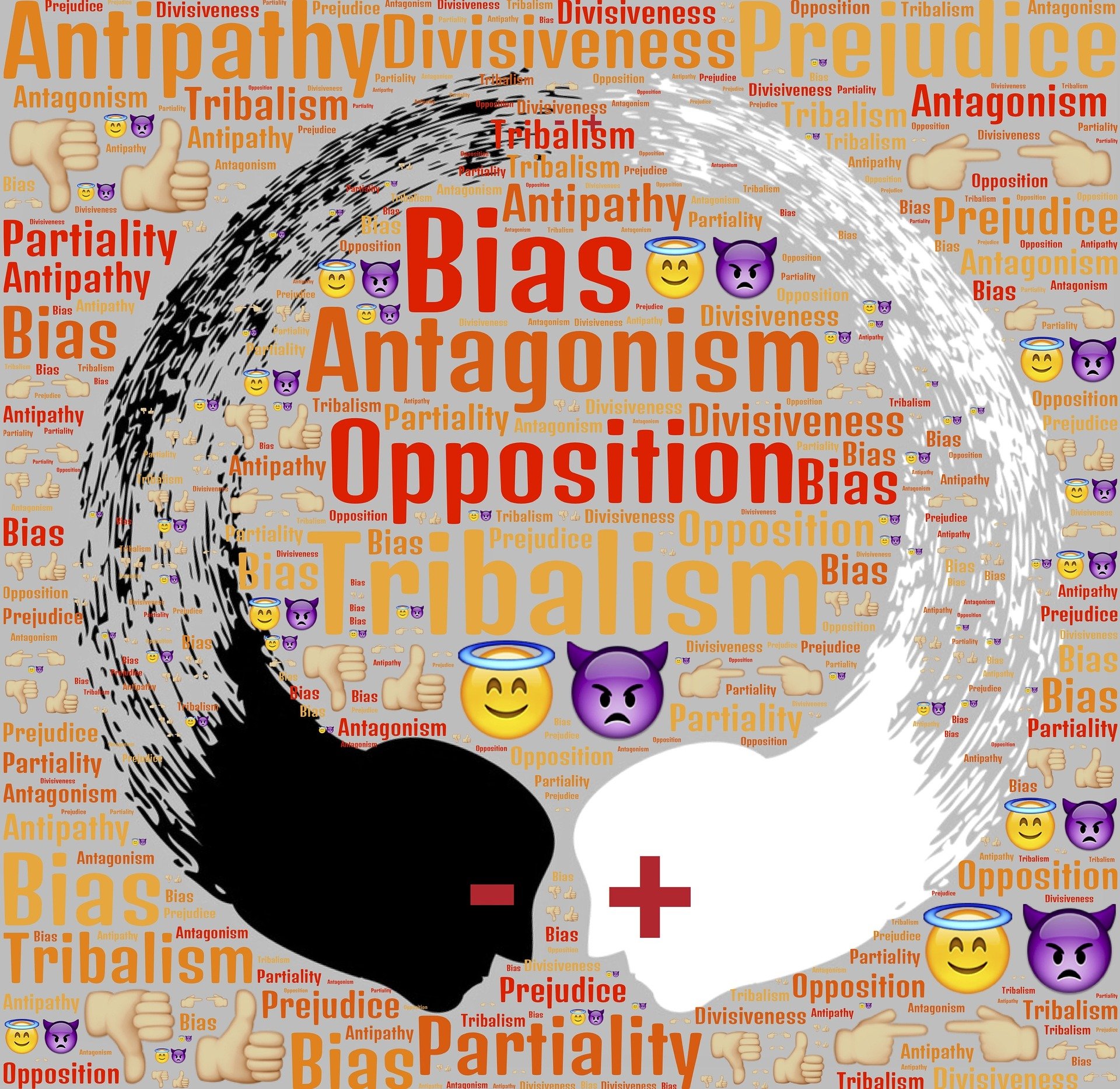إِنّا إِذا اِلتَقَتِ المَجامِعُ لَم يَزَل ** مِنّا لِزازُ عَظيمَةٍ جَشّامُها
وَمُقَسِّمٌ يُعطي العَشيرَةَ حَقَّها ** وَمُغَذْمِرٌ لِحُقوقِها هَضّامُها
Among us still, when gatherings convene,
Are stalwarts who, in crisis, rout untruth,
Apportioners who give our own their due,
Not more, men vigilant in equity.
[Labid, pre-Islamic poet]
With a heavy heart and profound sorrow, I add my voice to the many grieving the tragic demise of Shaykh Muhammad Taha Karaan, who lost his life to Covid just under a week ago. Shaykh Taha was a prominent South African religious scholar of Indonesian ancestry, who had studied in his native South Africa, as well as in India and Egypt. His legal school was Shafi`i, and he followed it without fanaticism. He served as Mufti of the Muslim Judicial Council of South Africa after his father.
I never met Shaykh Taha, but have communicated with him by email, off and on, going back more than twenty years. I don’t remember how exactly the correspondence started, but over the years we discussed various issues related to fiqh, Sufism, Shi`ism, and modernism. Even though he is by far my senior in terms of knowledge, and is also older than me, yet he was not at all pretentious, and his humility left a profound impression on me. Once, after a hiatus in our communication, I remember he emailed me, his message opening with, “Suheil, As-salamu `alaykum, Taha from Cape Town, South Africa here.” A few years later, when I informed him that I wanted to include his name on a list of potential speakers to give a guest lecture in Harvard’s Islamic Legal Studies Program, he wrote back, “I was going to write to you earlier and suggest that you do not include my name in your list but I never got around to it. Somehow I just do not see myself walking Harvard’s hallowed halls….” When I once pointed out to him a slip in translation in something he had written, he accepted the correction gracefully and humbly. Another thing I learnt from Shaykh Taha was that one can be firmly grounded in the Islamic tradition, and pious, yet critical of some accretions to the tradition if they lacked a basis in revelation.
Shaykh Taha would sometimes share details of projects he was working on. Back in 2006, he had the intention to produce a critical edition of Kifayat al-Nabih, a book of Shafi`i fiqh by Ibn al-Rif`a (d. 710H). (This is the same book in which Ibn al-Rif`a ascribes to Imam al-Shafi`i the view that the beard is obligatory, contrary to what Imam al-Nawawi mentioned in terms of it being merely recommended). The entire text is distributed over 10 volumes of manuscript. Shaykh Taha told me that he was intending to transcribe one volume per month, but that a more realistic estimate was two years – still impressive, given his other responsibilities, including being the founder and principal of a seminary in Cape Town. He eventually abandoned that project, with disappointment, when Dar al-Kutub al-`Ilmiyya announced that they had published the work in 21 printed volumes. Thereafter, he informed me that he had started writing a ta`liq (critical commentary) on the Hanafi text al-Hidaya, pointing out where the author’s representation of the Shafi`i school is inaccurate. He also expressed his intention to write a review of Dr Jonathan Brown’s book The Canonization of al-Bukhari and Muslim, which he had a favorable view of. I hope that his family and students will be able to find his unpublished manuscripts and that they will eventually see the light of day.
Shaykh Taha would also inquire about, and take profound interest, in my own studies and projects (once again a testament to his indulgence and humility, for as I already pointed out, he was far above me in knowledge). He encouraged me to publish my translation of Muqaddimat Sahih Muslim (Imam Muslim’s preface to his Sahih in which he discusses some aspects of the history and methodology of hadith), which I had translated, along with selected commentary by Imam al-Nawawi, about 25 years ago. (I never did publish it, and the work has since been published by at least two other people.)
On one occasion, I asked Shaykh Taha if he had plans to visit the USA. He replied that he didn’t, and then quoted the following lines of Imam al-Shafi`i’s poetry:
تغرب عن الاوطان في طلب العلا ** وسافر ففي الاسفار خمس فوائد
تفريج هم واكتساب معيشة *** وعلم وآداب وصحــــــــبة ماجد
Become estranged from home, seek loftiness!
And travel, for in travel are five gains:
Dispelling worries, earning livelihood.,
And knowledge, manners, noble company.
He added that if he were ever to visit the US, he would enjoy my “noble company.” May Allah bless Shaykh Taha, and make me worthy of his good opinion of me.
Shaykh Taha did not travel to the US. The last email exchange I had with Shaykh Taha was almost ten years ago. I regret that I let the conversation lapse; it was definitely my loss. Shaykh Taha has now left this world and is now travelling through the stages of the Hereafter. May Allah grant him forgiveness, mercy and blessings, and accept him as a martyr (as the hadith conveys about the believer who dies in an pandemic). May Allah grant strength and steadfastness to his family.
When the Prophet Muhammad’s (may Allah bless him and grant him peace) son Ibrahim died, he said that the deceased infant would have a wet-nurse in Heaven (Bukhari and Muslim). On the basis of this hadith, some Muslim scholars have extrapolated and concluded that a believer whose pursuit of something is interrupted by death will be able to resume it in Heaven. So, we hope that Shaykh Taha will continue to pursue his passion for knowledge in Heaven.
For more on Shaykh Taha, see:




